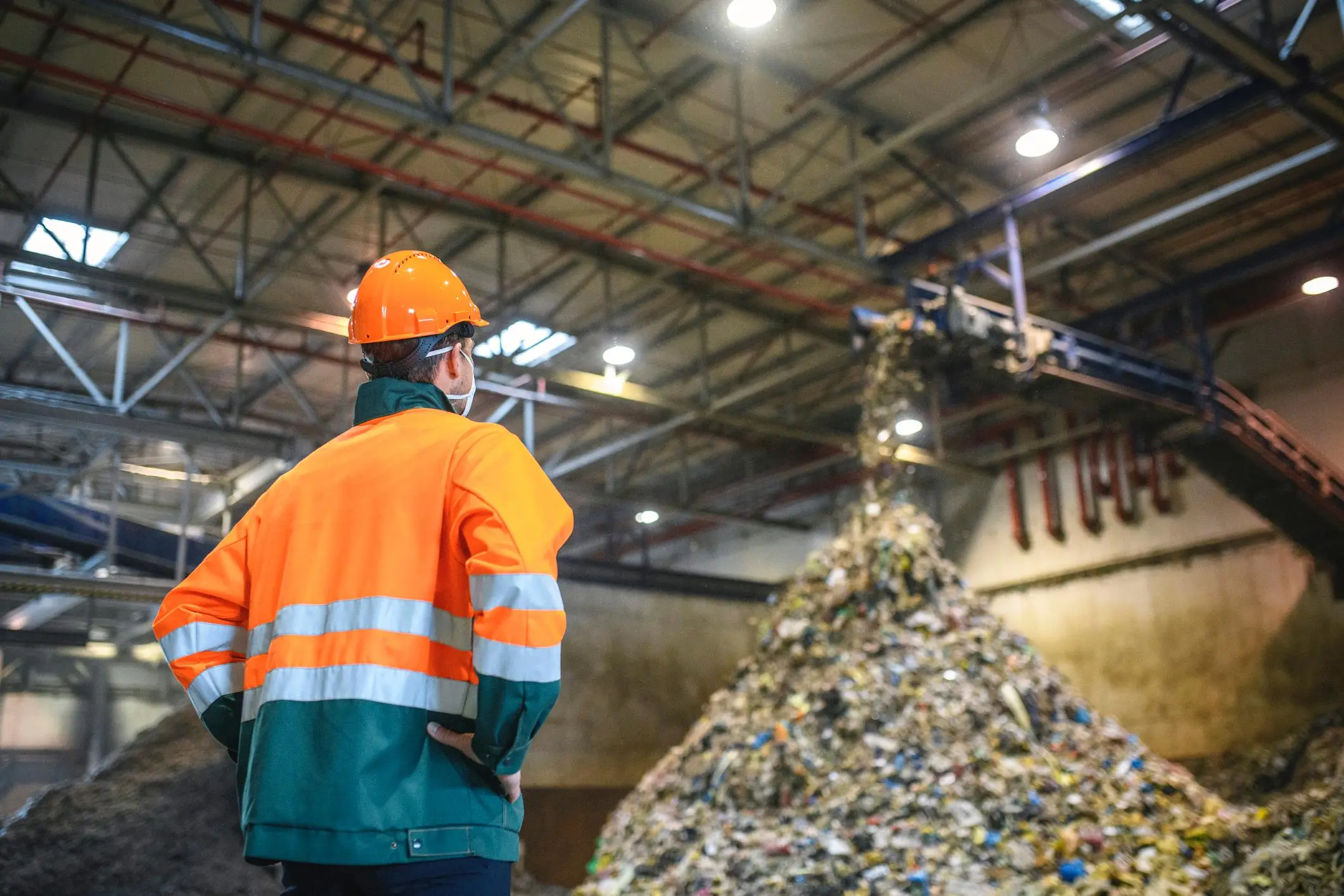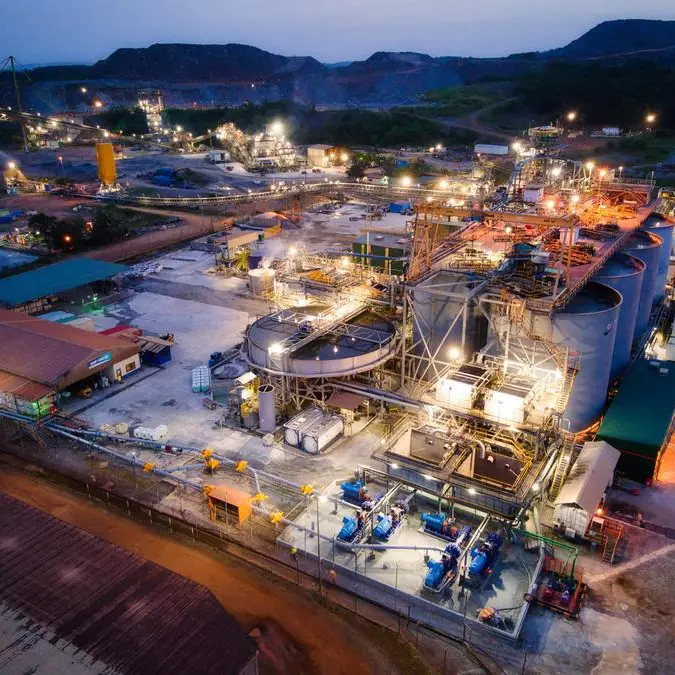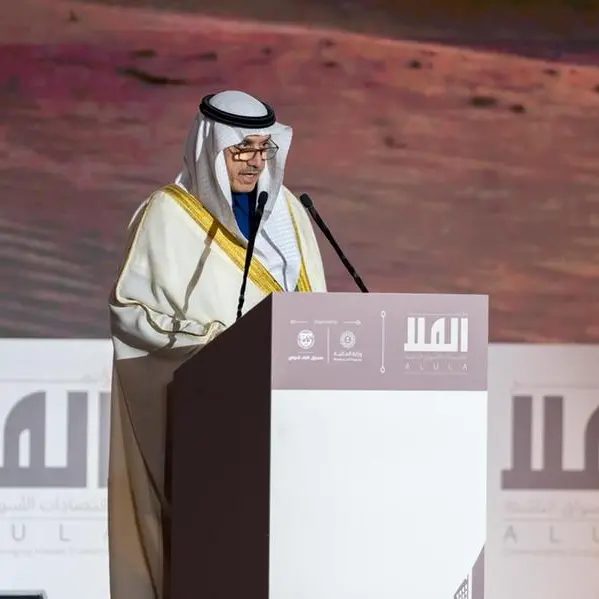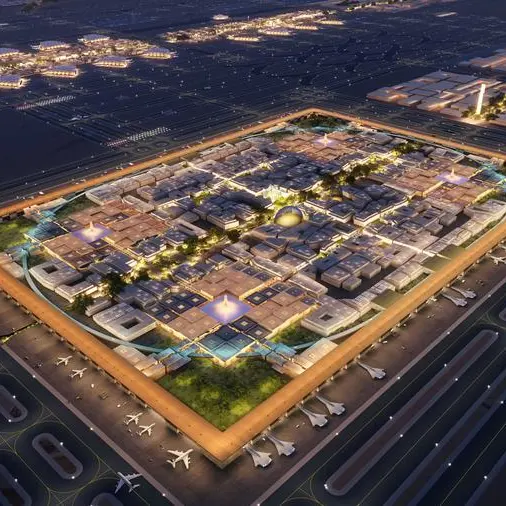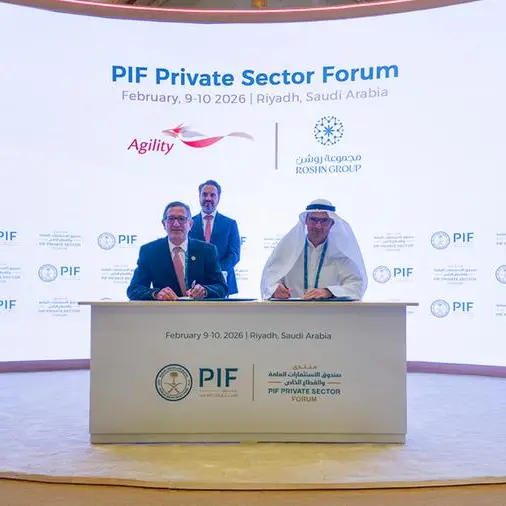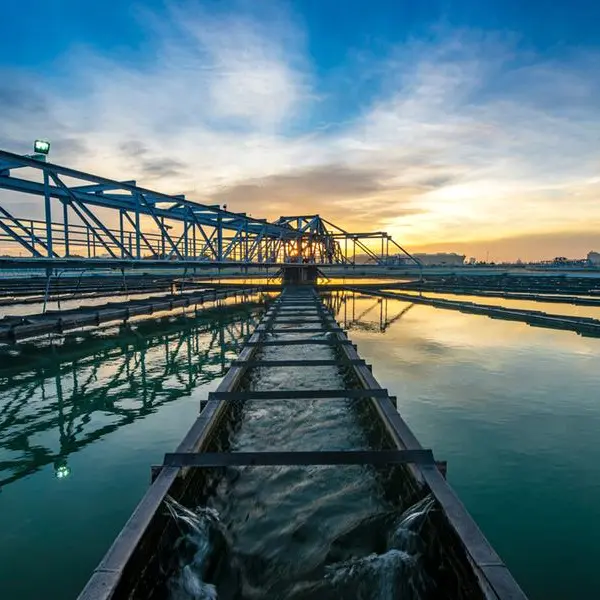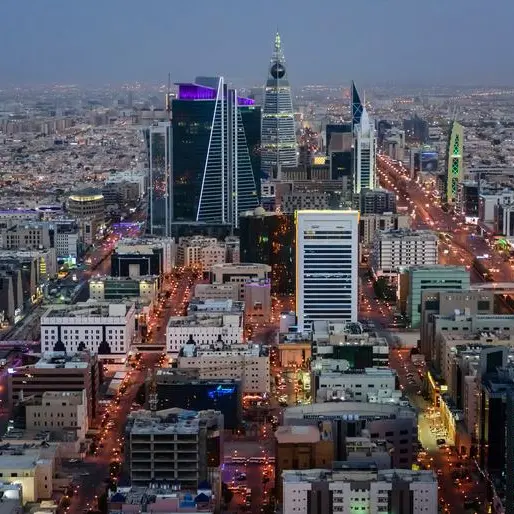PHOTO
A comprehensive study conducted in Bahrain has concluded that incinerator and anaerobic digestion are the two best-suited and most feasible technologies to deal with the Kingdom's Municipal Solid Waste (MSW) challenges.
Dr. Sumaya Yusuf, Assistant Professor, Environmental Management Programme at the Arabian Gulf University, who was also part of the team that reviewed Bahrain's National Waste Management Strategy (NWMS), told Zawya Projects that the study explored the suitability of six waste management technologies, namely Incinerator, Anaerobic digestion, Refused Derived Fuel (RDF), Composting, Pyrolysis, and Gasification.
The study took into account the technical, social, and economic factors and empirically analysed 24 different waste characteristics in Bahrain.
Best options
The study has proposed a 500,000-tonne capacity incinerator to treat MSW, Sumaya said.
"The empirical investigation found that Bahrain's waste has a high calorific value that reaches 18.5 MJ/kg [megajoules per kilogram], making incineration technology promising for power generation. Bahrain has six power plants producing about 17,069 Gigawatt hours (GWh) of natural gas-based electricity per year. An incinerator can replace more than 20 percent of this electricity in a best-case scenario providing about 3,700 GWh a year considering the measured calorific value in the study, and efficiency of 40 percent".
Sumaya explained that Bahrain currently spends 17 million Bahraini dinars ($45 million) a year to dispose of waste at the country's only landfill Askar, which has reached its full capacity. The incinerator option becomes feasible when electricity costs, the savings achieved through discontinuing landfilling, and the social and environmental costs are considered.
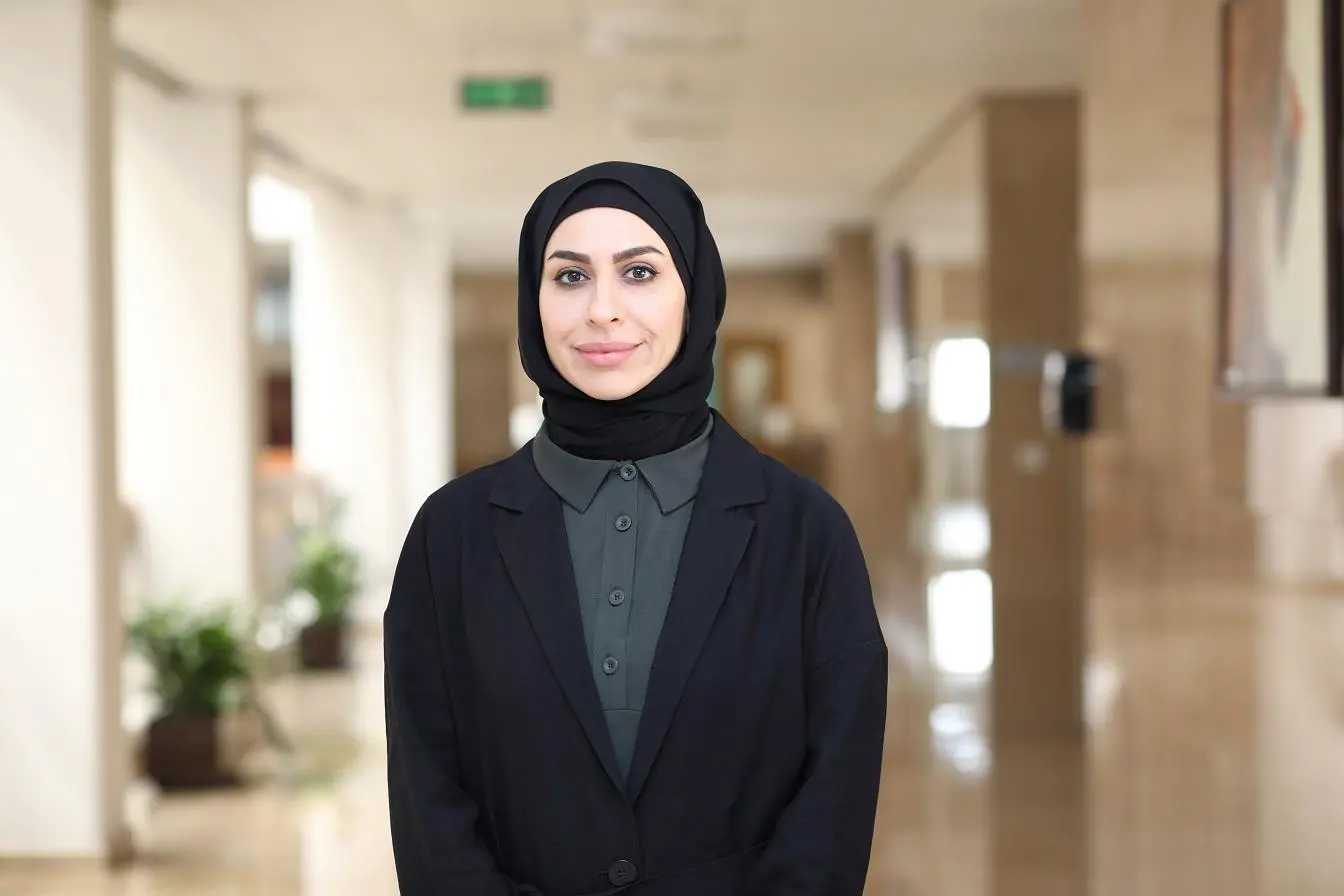

Dr. Sumaya Yusuf, Assistant Professor, Environmental Management Programme at the Arabian Gulf University
Anaerobic digestion
Bahrain generates 3.8 kilogrammes (kg) per capita per day of municipal solid waste, amounting to 2.1 million tonnes per annum, she said.
"Our per capita food waste is the fourth highest in the world at 132 kg per year while the global average is 74 kg a year amounting to a loss of 94 million dinars ($250 million) per annum, according to a recent UNEP report."
She explained that Bahrain generates 535,251 tonnes of biodegradable waste per year. "An anaerobic digestion project for treating this waste would yield 450 cubic metres per tonne of biogas and 213.3 GWh of energy as electricity. The study estimated the capital cost of anaerobic digestion at $18 per tonne and the operation and maintenance cost at $14.5 per tonne."
Planned projects
Giving an overview of projects being considered or currently underway, Sumaya said Bahrain has plans for an incinerator and a composting project- both recommended as part of the NWMS prepared in 2017. She said the strategy is yet to be approved by the government, but the two projects are moving forward.
"A feasibility study for a 70,000 tonnes per year capacity anaerobic digestion project was carried out for Muharraq Governorate. Source segregation is the key to ensure its feasibility", she said.
Bahrain also plans to recycle 100 percent of the approximately 1 million tonnes per year of construction and demolition (C&D) waste generated. "About 70 percent of it is currently recycled and reused for sea reclamation to meet land demand for housing and other projects", she said.
Besides, composting is being done on a small scale, and a small-scale pyrolysis project was established to manage sludge in the wastewater treatment plant in Tubli, she said.
Challenges
Lack of strict supportive regulations, low awareness among the public, high cost of waste management projects due to the unavailability of investment incentives, absence of centralisation and privatisation of the sector, are the main deterrents to implementing circular economy principles, she said adding, "More government support in terms of financing and policy implementation is required. An integrated solid waste management approach based on the 4Rs concept must be deployed through the National Waste Management Strategy".
Bahrain is yet to devise a national circular economy strategy on the UAE's lines, but Sumaya strongly recommended one for Bahrain.
(Reporting by Sowmya Sundar; Editing by Anoop Menon)
Disclaimer: This article is provided for informational purposes only. The content does not provide tax, legal or investment advice or opinion regarding the suitability, value or profitability of any particular security, portfolio or investment strategy. Read our full disclaimer policy here.
© ZAWYA 2021
